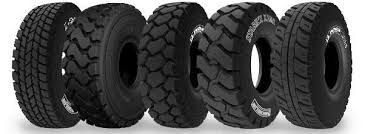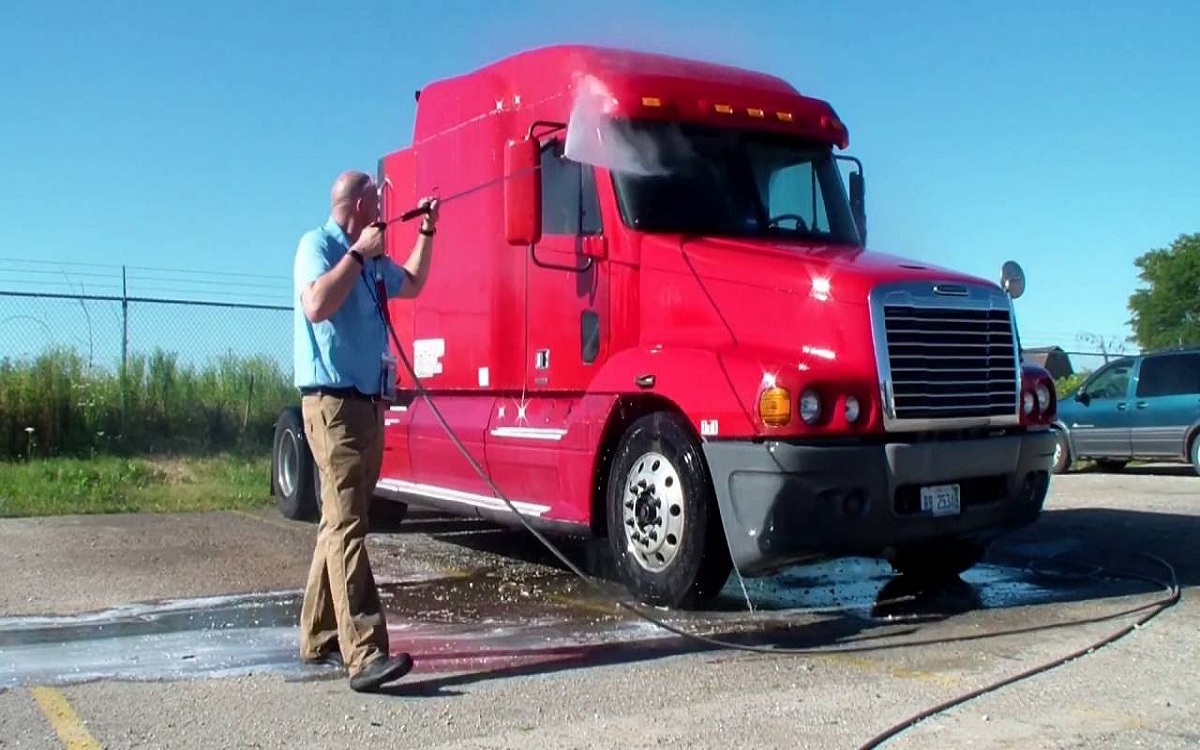Being a truck driver comes with unique challenges when it comes to health, safety, and regulations. Juggling hours of driving with limited amenities can test even the most seasoned pro. However, with some planning and diligence, drivers can remain compliant and in tip-top shape for the long haul. Here are some of the top tips.

Content
Manage Your Hours of Service
Compliance with hours of service (HOS) rules is non-negotiable for safety and your career. Use a logbook app, ELD, or paper logs to carefully track your on/off duty time and breaks. Don’t put yourself in danger or risk fines by pushing past daily or weekly hour limits. Proper scheduling and knowing when to pull over for rest are key to avoiding fatigue on the road. Communicating delays upfront with dispatch can also help avoid tight deadlines.
Practice Healthy Fueling
While it may be tempting to eat junk from truck stop mini-marts around the clock, train yourself to pack healthy meals, snacks and bottled water in the truck. Fresh fruits and veggies, nuts, yogurt and lean protein like chicken keep you full for hours versus sugary foods that crash and burn. Plan refueling stops to coincide with grocery stops for provisions. Also, watch portion sizes to maintain a healthy weight on the road.
Stay Hydrated Daily
Dehydration is a major risk for drivers who do not drink enough clear liquid. Carry a large insulated water bottle to sip throughout long shifts. Opt for water over soda, energy drinks, and sugary beverages that do more harm than good over time. The gallon of water a day rule of thumb is a good goal for active drivers exposed to extreme weather. It helps flush waste, boost energy levels, and ward off fatigue.
Build in Regular Exercise
Having a mostly sedentary job means you have to get creative with movement every day. Spend breaks marching in place or jogging at truck stops. Do basic bodyweight exercises like squats, lunges and push-ups. Take walks inside warehouse areas when loading or unloading. Fit in exercise DVDs while parked too. Just 30 minutes a day keeps muscles, heart health and stress at bay.
Practice Safe Lifting and Loading
Back injuries are an occupational hazard. So always bend your knees and keep loads close to your body when hauling items. Ask for assistance with oversized items. Use hand trucks and pallet jacks when available to avoid torquing your back. Stretch your core after heavy sessions. Maintaining mobility and form prevents long-term damage.
Monitor Mental Health and Stress
Being alone for long hours without family physically nearby comes with isolation challenges. Build self-care rituals like calling loved ones daily, keeping a journal, listening to upbeat music or podcasts to stay engaged. Note any changes to your mood, energy levels or sleep in a health journal too. If stress becomes too much, don’t hesitate to take time off or seek counseling support. Your wellness is paramount.
Stay Up to Date on Credentials
Having an expired or incomplete logbook, medical card, license or inspection can lead to stiff penalties. Set calendar reminders well in advance of expiration dates. Consider enrolling in online training courses through the Company or industry associations for continuing education credits too. Skills renewal keeps you legal and learning behind the wheel.
Focus on Safe Driving Habits
The only thing more important than cargo is human life. Obey all traffic laws, speed limits and watch your following distance on the highway. Get proper rest before long hauls. Follow routines like stretching, predrive vehicle checks and focus during high-risk conditions like bad weather. While technology aids like ELDs hold drivers accountable to hours, safe operations ultimately come down to each individual’s responsibility and training behind the wheel every day.
Practice Preventive Truck Maintenance
Minor fixes become major problems if ignored. Inspect fluid levels, lights, brakes and tires at each inspection or fueling. Note any performance issues and address them promptly with a certified mechanic. Have repair shops validate that all systems function optimally to avoid road trouble. Proper upkeep pays dividends in vehicle dependability and livability over the long haul of a career.
Consider a Company like Rapid Response
For drivers wanting support in these key areas, consider partnering with a reputable carrier like Rapid Response, Inc, which has been the model of safety and service since 1982. Its dedicated safety teams offer hands-on training, from backing techniques to hours of service compliance. Drivers consistently praise Rapid Response’s family culture and say it motivates them daily to uphold the highway’s highest safety standards and skills.

Daniel is the eco-conscious auto whisperer. His blog doesn’t preach; it educates on the world of green transportation. It’s your guide to reducing your carbon footprint without sacrificing style or speed.











